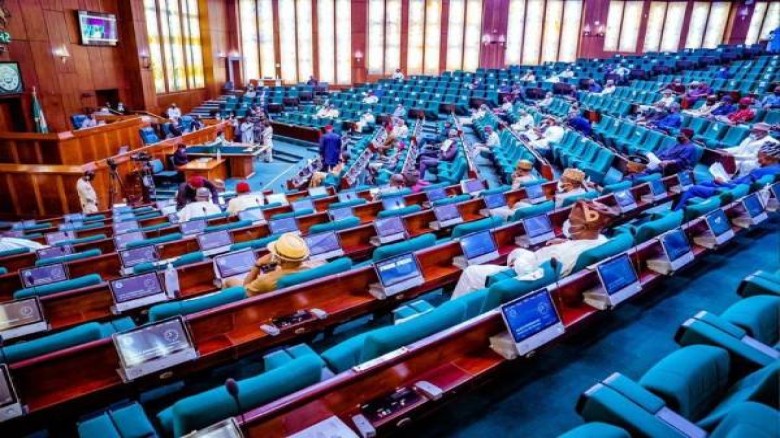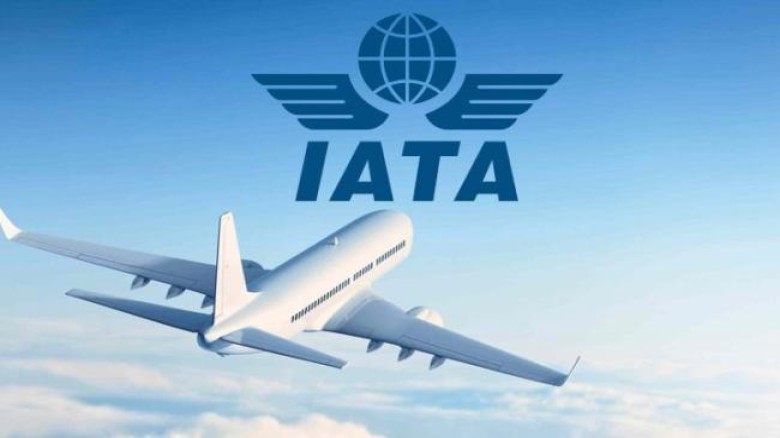IATA removes Nigeria from list of countries with blocked funds
The International Air Transport Association has announced that Nigeria has been taken off the list of nations with blocked airline funds, referred to as unrepatriated or trapped revenues.
During a press conference at IATA’s recent Annual General Meeting, Kamil Al-Awadhi, the association’s regional vice-president for Africa, the Middle East, and Europe, recognized the persistent issues related to blocked funds in the area.
Nonetheless, he emphasized that notable progress has been achieved in Nigeria, Egypt, and Ethiopia, with Nigeria’s initiatives to tackle the problem being especially praiseworthy.
“Noteworthy advancements have transpired in Nigeria, Egypt, and Ethiopia in the past year, and Nigeria is no longer categorized among the countries with blocked funds,” the vice-president stated.
“However, nations in the AME continue to lead the way in terms of blocked funds. Mozambique currently possesses the highest volume of blocked funds globally, followed by the XAF Zone (which includes Cameroon, Central African Republic, Chad, Republic of the Congo, Equatorial Guinea, Gabon), along with Algeria and Lebanon.”
Al-Awadhi reported that as of April 2025, there is a total of $1.28 billion in airline revenues that remain inaccessible worldwide, a reduction from $1.7 billion in October 2024.
He disclosed that 29 countries in Africa, the Middle East, and Europe (AME) are presently retaining international airlines’ funds.
“… of that total, $919 million is being held up in African nations,” the vice-president remarked.
Kamil Al-Awadhi detailed the AME nations with the highest amounts of blocked airline funds as of April, including:
Mozambique: $205 million; XAF Zone: $191 million; Algeria: $178 million; Lebanon: $142 million; and Angola: $84 million.
He expressed concern over the detrimental impacts of these unrepatriated funds, emphasizing that maintaining a stable cash flow is essential for the long-term operation of airlines.
He clarified that the inability of airlines to repatriate their earnings significantly disrupts their activities and limits the markets they can operate in.
“Diminished air connectivity hinders the competitiveness of countries, undermines investor confidence, and categorizes nations as high-risk areas for business,” he noted.
“Robust connectivity serves as an economic facilitator and yields substantial economic and social advantages.”
“We urge governments to make aviation a priority in terms of foreign exchange access, based on the fact that air connectivity is a crucial economic driver for the nation.”
For years, blocked funds have been a significant source of friction between Nigeria and international airlines.
In 2023, Nigeria accounted for the highest volume of trapped airline revenues on a global scale, primarily due to a persistent foreign exchange deficit affecting multiple industries.
























Leave A Comment